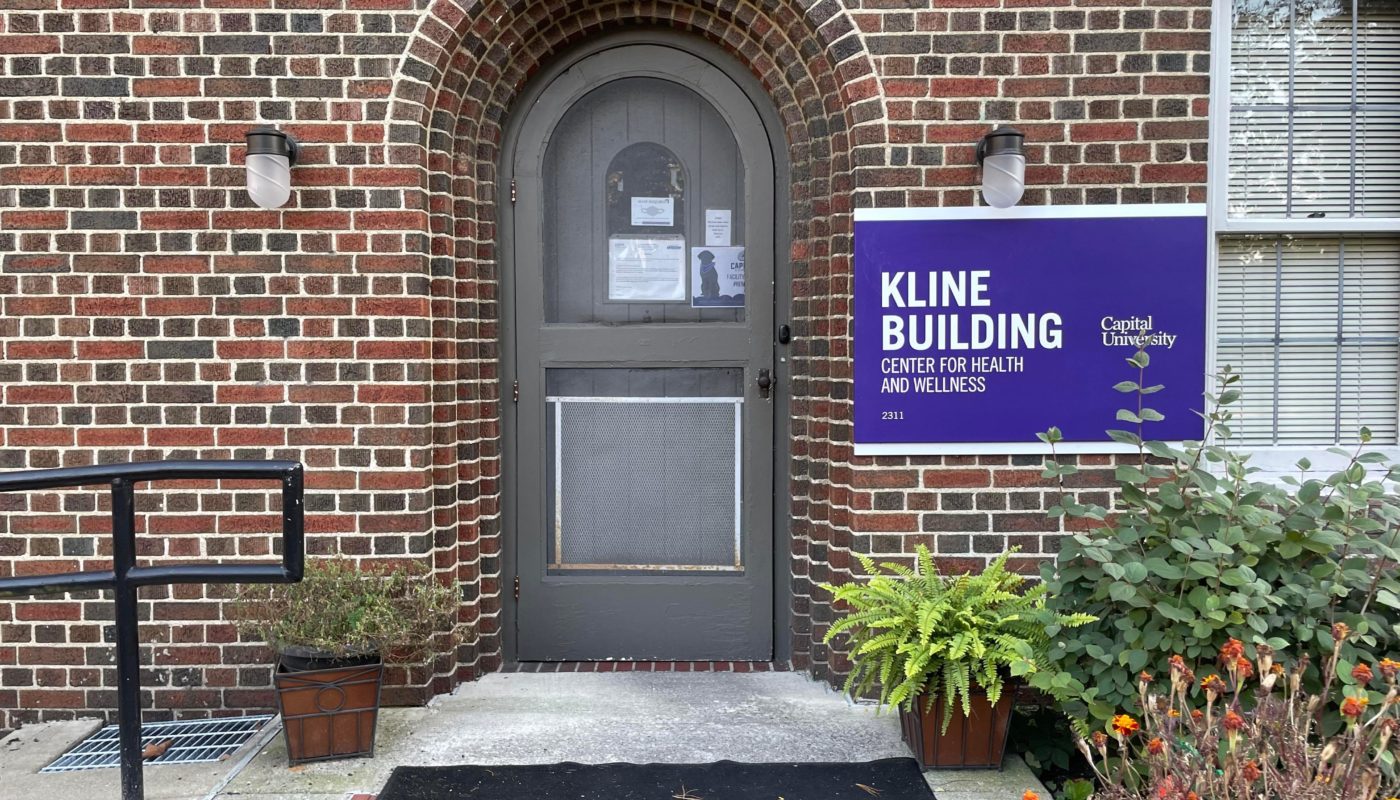COVID-19 cases have sharply risen at Capital since the beginning of the semester and here’s what you need to know.
“Covid is still here!” says Beth Pierson, COVID Response team nurse coordinator. “The Covid Response Team saw a sharp increase in COVID-19 cases at the beginning of the semester and, over the last seven weeks, cases have not declined. Other infectious illnesses are circulating now too—what we call ‘upper respiratory infections,’ which can be colds or flu-like illnesses.”
Cases at Capital University are similar to nearby communities, according to the COVID Response team. An increase of cases seems to occur during the beginning of the semester, and again upon return of students from fall break.
Once the middle of the semester hits, cases seem to level-out and drop when there are less students on campus. “While the numbers of cases change during the semester, we’ve seen generally the same trends of cases each year,” Pierson said.
With the current variants of COVID-19 in mind, symptoms to watch out for include sore throat, headache, congestion, runny nose, fatigue, fever, vomiting, diarrhea and dry cough. Pierson said, “Not everyone will experience all of these symptoms—and many students who test positive tell us they thought it was allergies. We cannot stress enough—if you don’t feel like your usual self, please test yourself for COVID.”
The COVID Response team urges students to not go to class if they feel sick, regardless of if they have a negative COVID-19 test. “We are encouraging everyone who’s sick to test for COVID, and you may need to test yourself two or three times. Sometimes there’s not enough virus in your body to cause the test to show a positive result until four or five days into your illness,” Pierson said.
If a student tests positive for COVID-19, they must return to their permanent residence for at least five days–beginning with the onset of symptoms or the date of the positive test, whichever comes first. In the event that the student cannot leave campus, a limited amount of isolation housing at the university exists.
If the student’s symptoms are gone by day five and they feel better, they are allowed to return to campus; but, they must wear a mask for another five days. However, if the symptoms are not gone by day five, then the student must remain in isolation until the symptoms are gone. This can take up to 10 days.
Fortunately, there are many ways to protect yourself from COVID-19. Capital’s COVID Response team and the CDC recommend getting vaccinated and boosted. This is one of the best ways to prevent illness altogether and keep one from becoming very sick if the virus is contracted.
Secondly, if one is immunocompromised or experiencing illness, wearing a mask can help prevent transmission of the virus. COVID Response encourages students to ask others who have been knowingly exposed to COVID-19 to wear a mask for at least 10 days.
The third way to prevent viral transmission is to wash your hands, cover coughs and keep distance between yourself and other people when talking.
“Our goal is to offer support and guidance to the Capital Community—we want everyone to stay healthy this academic year! Questions or concerns can be sent to covidresponse@capital.edu,” Pierson said.


